
“Build New Cities. Maximize Human Prosperity.” That is the slogan of Prospera, an entity that creates what it calls “model cities” or “charter cities,” a privatization scheme built for investors like libertarians, etc., in other words, voracious capitalists. These cities have operated in foreign countries, like Honduras, a victim of this mad, monetary experiment.
Prospera’s website says that it is “for builders, pioneers, and risk-takers who believe in the boundless potential of human achievement and choose to build the future we want.” (Who is “we”?) It continues: “Our platform powers the development of new cities in special economic zones that maximize generalized prosperity and wealth creation.” Translating the rhetoric: It is a haven for the privileged, mainly white people, who come from developed countries like the United States to get obscenely rich.
What Prospera’s website does not mention is that these cities govern themselves, can ignore labor rights, and can sue real governments if the latter try to implement policies that truly benefit the population or for a government to protect a nation’s sovereignty.
For Honduras, charter/model cities began in 2011 by the passage of constitutional amendments that would allow them. This occurred under the rule of right-wing President Porfirio Lobo Sosa, who benefited from a 2009 right-wing coup that overthrew the previous, duly elected, President Manuel Zelaya Rosales.
Zelaya was challenging the Honduran elite and trying to implement progressive policies.
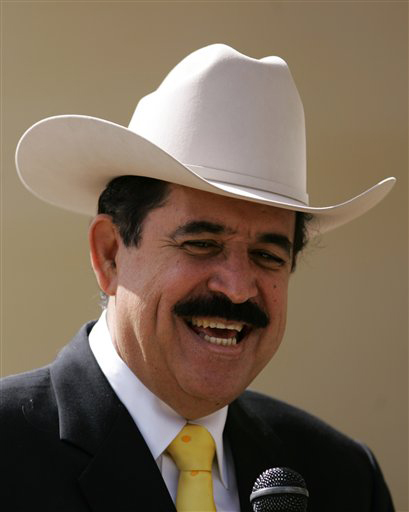
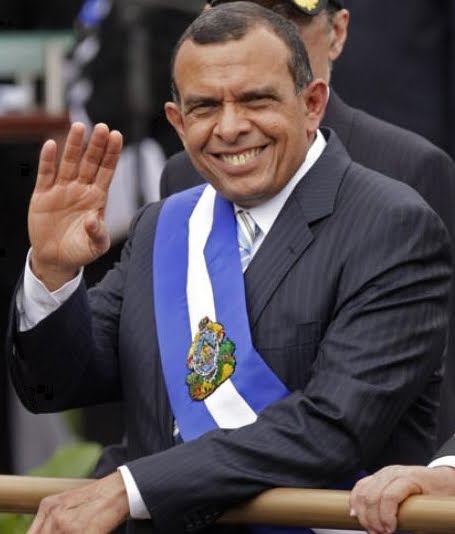
It was a typical right-wing coup, with elites taking over while the United States looks the other way. And in conclusion, the U.S. says that the country, where the coup occurred, is a “struggling democracy,” when in reality it is not.

Inevitably, there was, and is, organized resistance to Prospera in Honduras. Writing in the publication In These Times, Kari Lydersen, a Chicago-based journalist, author and assistant professor at Northwestern University, detailed the consequences of charter/model cities and described the opposition to them.
In November 2013, Honduras had a presidential election that included Zelaya’s wife, Xiomara Castro, who had gained momentum in the polls. But the candidate for the conservative National Party, Juan Orlando Hernández, officially won due to large-scale fraud and became president.
The human rights situation in Honduras at the time had worsened. Before the election, there were 36 killings and 24 armed attacks against candidates and family members of candidates.
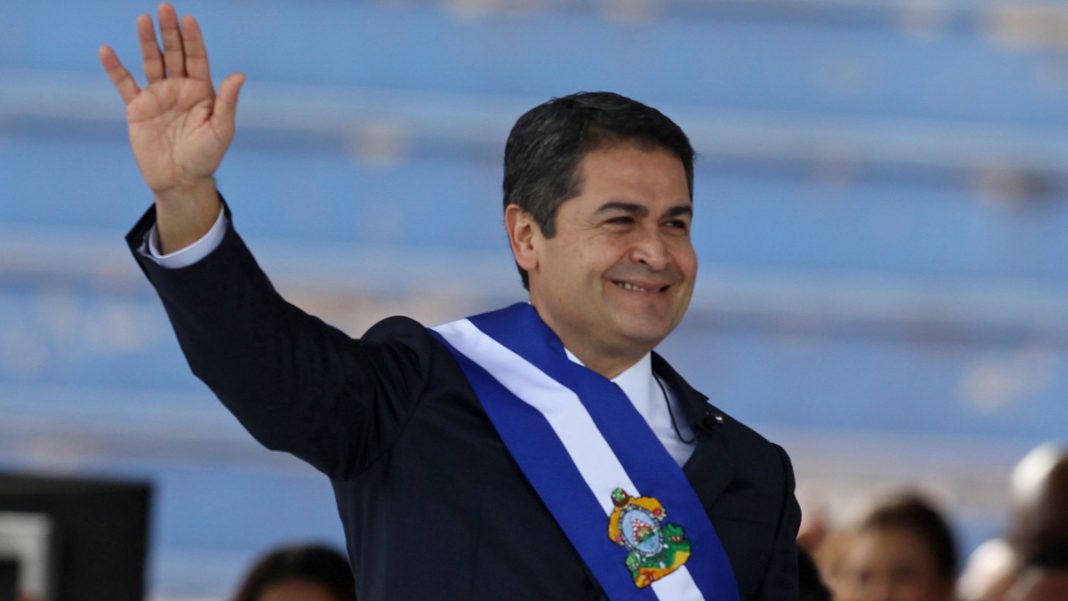
Castro was backed, Lydersen wrote, “by the multi-faceted National Front of Popular Resistance.” The Resistance movement had begun after the 2009 coup. A number of groups that comprised it had never worked together in such a way before. They included “union members, campesino organizations, indigenous people, the African-descended Garifuna communities on the Caribbean coast, students, and gay and lesbian groups.” There was, thus, strength in numbers for this movement.
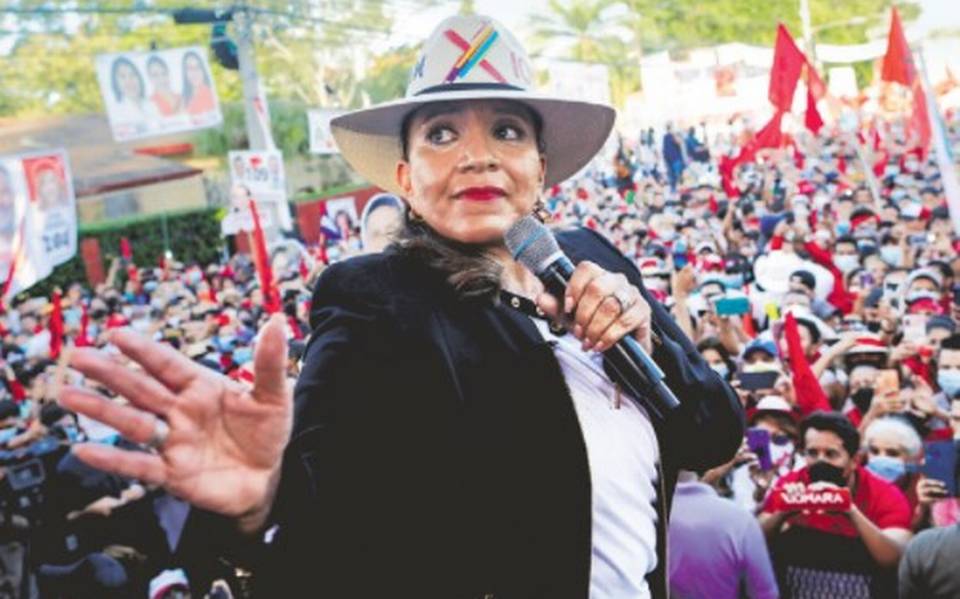
The Resistance movement was strongly opposed to the government’s allowing the building of charter/model cities. Lydersen wrote that these cites would be “enclaves free from Honduran laws that would be planned and run by private entities and meant to stimulate business and foreign investment.” But who would really benefit? The private entities and their investors.
Among those challenging the charter/model cities was attorney Antonio Trejo Cabrera. As a result, Trejo was eventually shot dead in Tegucigalpa, Honduras’s capital.
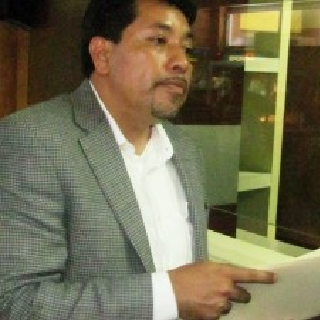
Santos Cruz, “a national campesino leader who has spent his entire life fighting for land and human rights,” also challenged the charter/model cities. Over the years, Cruz had seen various instances of repression and atrocities that resulted in the murder of campesino activists, for example. The death threats against Cruz and other activists have been constant.
Backing up the Resistance movement in this struggle are “Critics in Honduras and abroad,” who see the private cities set up inevitably “violating labor rights, civil rights and the Constitution.”
Foreign actors have been the deciders and influencers of the charter/model cities. Paul Romer, U.S. economist and New York University professor, was one of the original founders of the cities. Romer boasted that these cities offer a new start for eliminating corruption, bureaucracy, and economic and social problems in an effort to “help” the Global South. With that kind of help, the Global South does not need enemies.
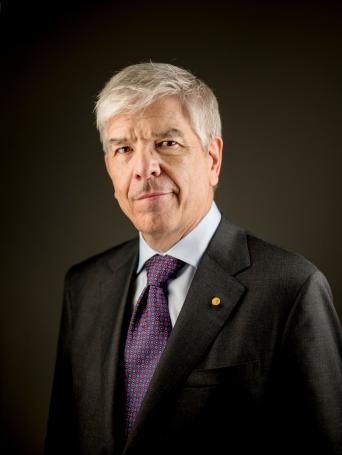
Besides Prospera, another project of this nature is a British outfit called Grupo MGK. One of its leaders is Kevin Lyons, who wanted to establish a charter/model city in Nevada, but was denied permission by the state. Another Grupo MGK leader was Michael Strong, the “American founder of charter schools and head of a touchy-feely, save-the-world-through-entrepreneurship outfit called FLOW (Freedom Lights Our World),” wrote Lydersen.

Additionally, “The Economist described the Honduras model cities movement as the playground of seemingly fringe American libertarians with ‘links to prominent libertarians with deep pockets…’” Another co-founder of FLOW was libertarian John Mackey, co-founder of Whole Foods Market and its CEO until he retired in September 2022. For Strong, quoting from Fox News, the goal is “to be the most economically free entity on Earth.”
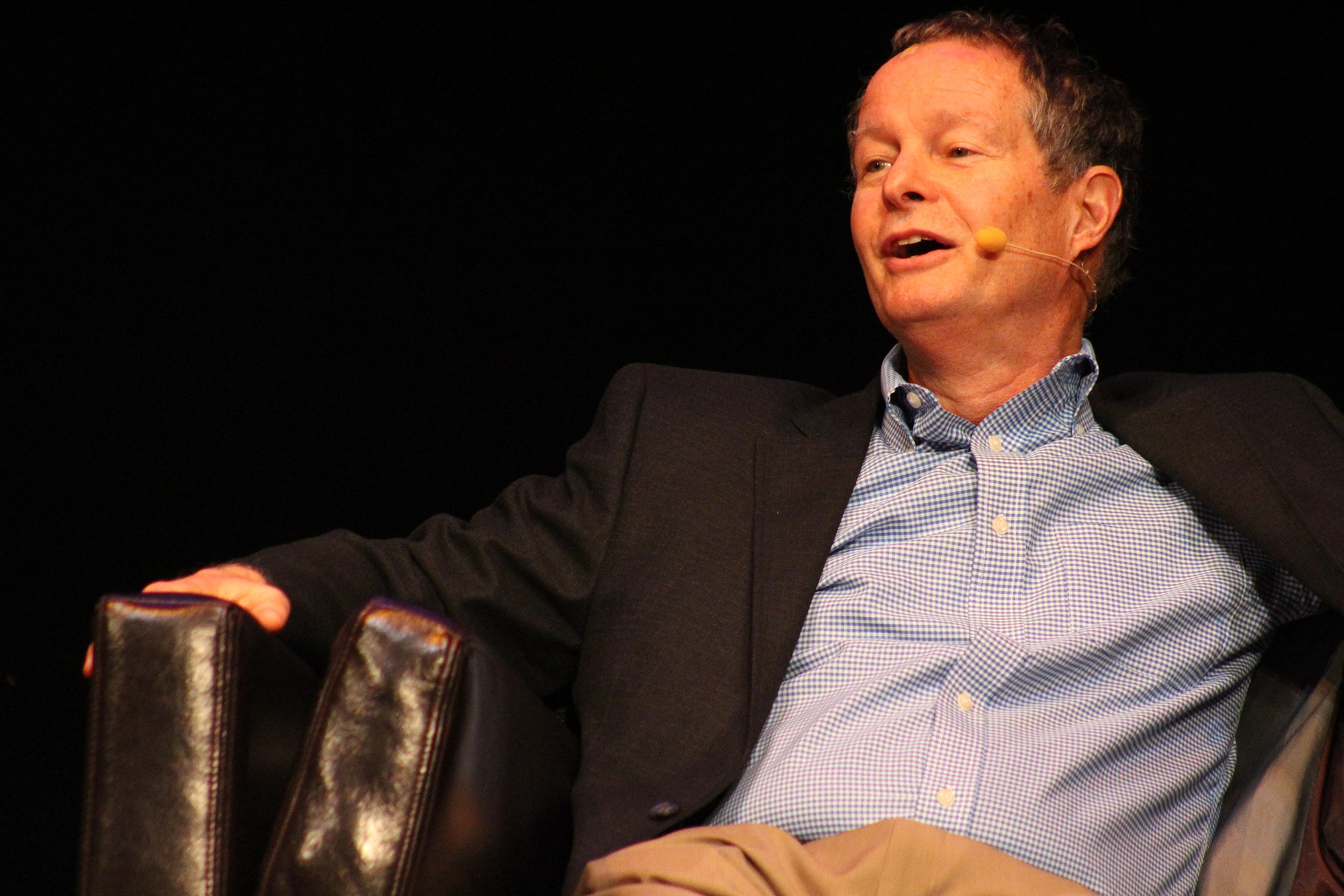
One example of the continuing struggle by Hondurans against the likes of Prospera is the situation on the island of Roatán. In it is a community called Crawfish Rock, inhabited mostly by English-speaking Blacks of Caribbean descent. Next door there is the headquarters of a city that is being established, and a security booth with cameras monitoring the area, a gate and a security guard, resembling what sounds like a gated community.
The phrase, “Go home,” is the feeling of many Hondurans toward Prospera. Land rights and sovereignty are the crucial issues for Hondurans, not just on Roatan, but for the country as a whole. Jeff Ernst, writing for The Guardian, describes the foreigners taking advantage of the situation. There are “often cryptocurrency enthusiasts, libertarians or both,” who are “invading” (my description) the country.
The charter/model cities would be located in what is called Employment Development Zones or ZEDEs. But a new Honduran government repealed the laws that allowed the ZEDEs to exist. Investors of Prospera then challenged the decision to repeal the laws. The investors cited agreements and treaties that they say make the ZEDEs, and in turn the cities, legal. Ernst wrote, “The result was a standoff in which investors are gambling with millions, the government could be at risk of a costly lawsuit and the fate of the affected communities hangs in the balance.”
Obviously, the cities are a product of capitalist maneuverings. The cities, thus, could be called anti-democratic. After all, when it comes down to it, democracy and capitalism are not compatible. Although in the United States there is capitalism and a degree of democracy, the latter is always threatened by the former. Democracy is especially threatened now with the greed and callousness as the rule of capital is being not only maintained but expanded.
For decades, Honduras has been a market satellite of the United States. It was known as the first “banana republic,” with U.S. corporations, backed by the U.S. military, imposing banana plantations throughout the country. The U.S. and its corporations dominated Honduras’s economy and politics. And Honduras was used as a base for the Nicaraguan Contras, fighting a U.S.-backed war against the Sandinista government and its people.
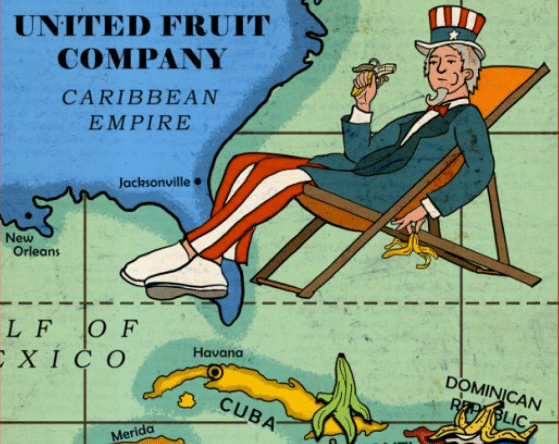
But in recent years, Hondurans have gradually gained the strength to rebel against the subservient role that Honduras has played. A major example of this was the electoral victory of Xiomara Castro for the Honduran presidency in 2021. Castro has not fooled around in her determination to shut out the charter/model cities. But it is of course a very difficult struggle with Prospera also determined to maintain those cities.
Castro went about repealing the law beneficial to the ZEDEs. While the people of Crawfish Rock were jubilant about Castro’s action, Prospera made new investments totaling $60 million and put in cryptocurrency bitcoin as the official method of transactions. So, Prospera was not deterred, not only continuing the building of these cities but, in Ernst’s words, “clinging to their plan to building a libertarian oasis of sorts.”
Prospera continued to cite trade agreements to justify their “oasis” scheme. But government officials made it clear that the ZEDEs had one year to adapt to another kind of legal structure. The ZEDEs, however, have a “sunset clause” that Prospera investors wanted to take advantage of, claiming that, according to trade agreements, they have ten years to adjust. Further, they used the excuse of other trade agreements that they claim gives them 50 years to adjust.
It appears that Prospera technically had a case, but the trade agreements were strongly opposed by the majority of Hondurans, who truly had no input in accepting them. It became a decision of the elitist right-wing (and neo-liberals), going along with the idea of permanently establishing and developing charter/model cities.
In July, on Democracy Now, hosts Amy Goodman and Juan González interviewed two individuals fighting the charter/model cities: Melinda St. Louis, Director of Public Citizen’s Global Trade Watch, and Vanessa Cárdenas, a leader of the community of Crawfish Rock. They detailed how the struggle is going for the community and the attempts by Prospera to violate the sovereignty of Honduras.
There are other measures Honduran President Castro promised to implement. According to Rohit Yadav, writer for TFI Global News, Castro, “leading the Liberty and Refoundation party (LIBRE)…promised to reverse the severe neoliberal policies, human rights violations, corruption, and drug trafficking that had plagued the nation for the past 12 years.” Yadav is correct in writing that it is a “daunting task.”
At first the United States did not have a problem with the election of Castro. When she proceeded with implementing reforms, however, U.S. leaders/officials had a problem with that since it challenged U.S. corporate interests. Then, the old scenario of U.S. interference in a nation from the Global South became evident.
After attempts by the previous government to privatize the National Electrical Energy Company, at the suggestion of international financial institutions, Castro, LIBRE, and the new government implemented the Energy Reform Law to “combat corruption and poverty.” The U.S. did not accept this because it would “threaten” power generators and “eliminate” private investment.
Castro, nevertheless, stood her ground, and moved on to labor reform. There was the Temporary Labor Law, which was implemented and made permanent in 2014 by the previous government. It gave a chance for employers to not pay the minimum wage and eliminated benefits or health care.
This move was criticized by labor leaders, among others, within the Honduran population. After Castro became president, the Temporary Labor Law was repealed because of the emergence of harsh labor conditions. U.S. Ambassador Laura Dogu criticized the move, and absurdly added that Honduras should respect labor rights. The law, however, violated the Honduran Labor Code.

And regarding the ZEDEs, considered to be the charter/model cities and established by what accurately can be called an illegal government (due to the 2009 coup), they were challenged by the Castro government. And for good reason: To reiterate, the cities were set up on Honduran territory and, as explained by Yadav, “have their own government, legal and judicial system, tax and social security policies.”
Many Hondurans, such as the Movement Against ZEDEs, social movements, and municipalities, rejected the ZEDEs “for violating sovereignty, national security, the rule of law, and human rights.” The Castro government proceeded to repeal the laws that protected the ZEDEs. Prospera responded, filing a complaint against the Honduran government and seeking $10.7 billion in “lost” profits.
The United States, however, still wanted to push the cities on Honduras, claiming it provides economic growth and opportunities. (But, again, for whom and to do what?) Meanwhile, Prospera is widely unpopular in Honduras.
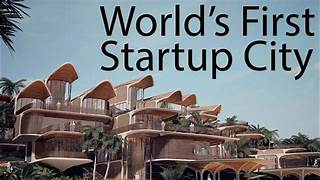
Yadav concluded that, “[d]espite U.S. attempts to intervene in Honduras, Castro has been successful in thwarting them. Although the U.S. may continue to try to exert influence over Honduras, Castro has proven to be a formidable opponent of U.S. intervention.”
Prospera will no doubt try to continue with its imposition of charter/model cities not only on Honduras, but elsewhere, particularly in the Global South. Its creators and investors see a golden opportunity to experiment in various developing countries. They say it is for prosperity and economic growth, but no doubt leaves out the vast majority of Hondurans. After all, Prospera doesn’t give a damn about them.

CovertAction Magazine is made possible by subscriptions, orders and donations from readers like you.
Blow the Whistle on U.S. Imperialism
Click the whistle and donate
When you donate to CovertAction Magazine, you are supporting investigative journalism. Your contributions go directly to supporting the development, production, editing, and dissemination of the Magazine.
CovertAction Magazine does not receive corporate or government sponsorship. Yet, we hold a steadfast commitment to providing compensation for writers, editorial and technical support. Your support helps facilitate this compensation as well as increase the caliber of this work.
Please make a donation by clicking on the donate logo above and enter the amount and your credit or debit card information.
CovertAction Institute, Inc. (CAI) is a 501(c)(3) non-profit organization and your gift is tax-deductible for federal income purposes. CAI’s tax-exempt ID number is 87-2461683.
We sincerely thank you for your support.
Disclaimer: The contents of this article are the sole responsibility of the author(s). CovertAction Institute, Inc. (CAI), including its Board of Directors (BD), Editorial Board (EB), Advisory Board (AB), staff, volunteers and its projects (including CovertAction Magazine) are not responsible for any inaccurate or incorrect statement in this article. This article also does not necessarily represent the views the BD, the EB, the AB, staff, volunteers, or any members of its projects.
Differing viewpoints: CAM publishes articles with differing viewpoints in an effort to nurture vibrant debate and thoughtful critical analysis. Feel free to comment on the articles in the comment section and/or send your letters to the Editors, which we will publish in the Letters column.
Copyrighted Material: This web site may contain copyrighted material the use of which has not always been specifically authorized by the copyright owner. As a not-for-profit charitable organization incorporated in the State of New York, we are making such material available in an effort to advance the understanding of humanity’s problems and hopefully to help find solutions for those problems. We believe this constitutes a ‘fair use’ of any such copyrighted material as provided for in section 107 of the US Copyright Law. You can read more about ‘fair use’ and US Copyright Law at the Legal Information Institute of Cornell Law School.
Republishing: CovertAction Magazine (CAM) grants permission to cross-post CAM articles on not-for-profit community internet sites as long as the source is acknowledged together with a hyperlink to the original CovertAction Magazine article. Also, kindly let us know at info@CovertActionMagazine.com. For publication of CAM articles in print or other forms including commercial internet sites, contact: info@CovertActionMagazine.com.
By using this site, you agree to these terms above.
About the Author

David Starr acknowledged his interest in politics in 1986 when he lived in Hawai’i.
From there, he became active, joining such groups as the Latin American and Caribbean Solidarity Association (LACASA), the Hawai’i Union of Socialists (HUS) and Ka Lehui Hawai’i (The Hawaiian Nation).
Starr also created a publication entitled Voices of Change, and had articles published in the Honolulu Weekly and Toward Freedom during the 1990s.
Now Connecticut-based, Starr has published many pieces in Reader Supported News, the Daily Kos, and has been published in the LA Progressive.
David can be reached at dl_starr@hotmail.com.

